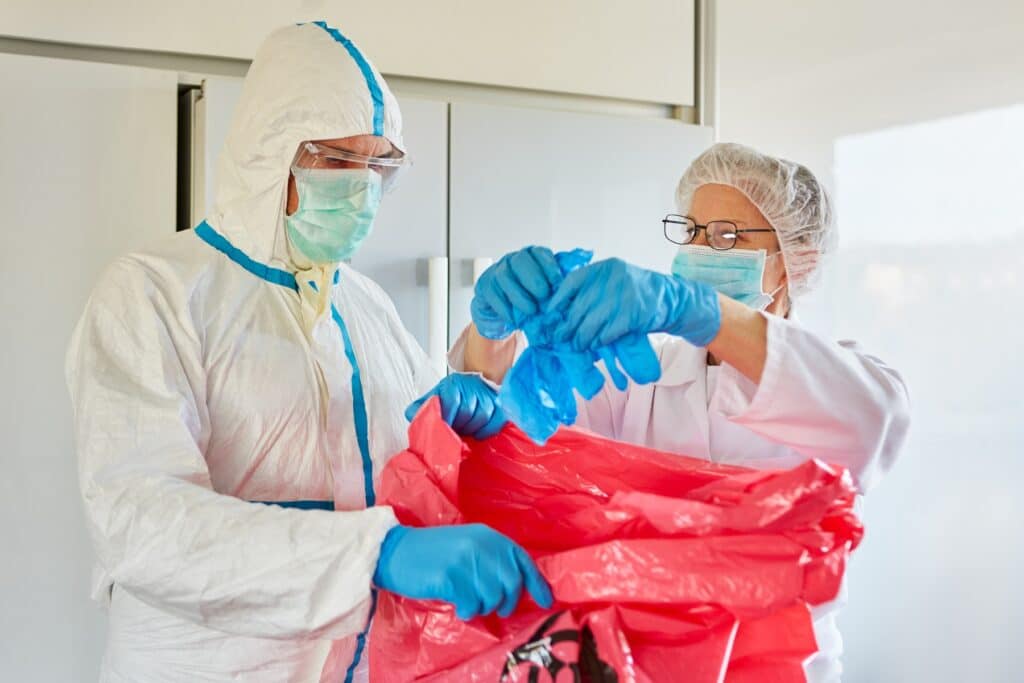The Urgency of Proper Medical Waste Disposal – Over 2 Million Tons Generated Annually

Effective and responsible medical waste disposal is paramount to protecting public health and safeguarding the environment. In this blog post, we will explore the critical issue of medical waste disposal and highlight the urgent need for proper waste management practices. Supported by compelling statistics, we will delve into the environmental risks of improper disposal and emphasize the significance of implementing sustainable solutions for managing medical waste.
The Magnitude of Medical Waste Generation
Did you know the healthcare industry generates over 2 million tons of medical waste annually? This substantial figure underscores the scale of our challenge in safely managing and disposing of medical waste. It is crucial to address this issue to prevent potential health hazards, minimize environmental pollution, and promote sustainable practices.
The Environmental Impact of Improper Medical Waste Disposal
Improper medical waste disposal can have severe environmental consequences. For instance, biomedical waste containing hazardous chemicals and infectious materials can contaminate soil and water sources, posing risks to ecosystems and human health. Additionally, incineration of medical waste without proper emissions controls can release harmful pollutants into the air, contributing to air pollution and climate change.
Health Risks and Contamination
Improperly managed medical waste can lead to the spread of infections and diseases. Discarded sharps, such as needles and scalpels, can cause injuries to waste handlers and pose a risk of infection transmission. Moreover, when medical waste enters the environment, it can contaminate water bodies, soil, and wildlife, potentially exposing communities to harmful pathogens and toxins.
The Importance of Sustainable Medical Waste Management
Implementing sustainable medical waste management practices is essential to mitigate environmental risks and protect public health. It includes proper segregation, treatment, and disposal of different types of medical waste, such as sharps, pharmaceuticals, and infectious materials. Sustainable solutions, such as recycling and waste-to-energy technologies, can reduce the environmental impact of medical waste while ensuring compliance with regulatory standards.
Conclusion
Proper medical waste disposal is not just a regulatory obligation; it is an urgent necessity to protect our environment and prevent public health risks. With over 2 million tons of medical waste generated annually, we must prioritize sustainable waste management practices. MedPro Disposal is committed to providing comprehensive and eco-friendly medical waste disposal services, helping healthcare facilities reduce their environmental footprint and ensure the well-being of communities. Let’s embrace responsible waste management and build a healthier, greener future together.
Reference:
https://www.epa.gov/rcra/medical-waste


